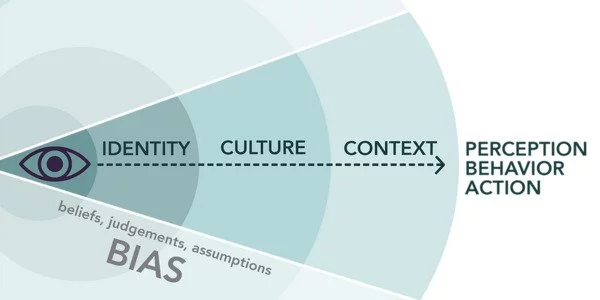Communication that is open, honest, and transparent between individuals, institutions, and authorities fosters trust. Skepticism can be fueled by misinformation or a lack of information. People are more likely to trust those who are consistent in their actions and words over time. Inconsistent behavior has the potential to erode trust.
According to new research published in Social Psychological and Personality Science, people who have a positive perception of their country’s institutions are more likely to show favoritism toward their fellow citizens. According to this study, support for national institutions may be a barrier to establishing trust across borders.
Researchers also discovered that people who strongly identify with their own country are more likely to favor their fellow citizens, which is consistent with previous research. However, the potential role of trust in national institutions was an unexpected development for researchers.
“We observed greater favoritism in trust toward fellow citizens (as opposed to foreigners) from participants who yielded more positive perceptions of institutions as trustworthy, benevolent, and able to provide security,” writes author Dr. Giuliana Spadaro of Vrije Universiteit Amsterdam.
We observed greater favoritism in trust toward fellow citizens (as opposed to foreigners) from participants who yielded more positive perceptions of institutions as trustworthy, benevolent, and able to provide security.
Dr. Giuliana Spadaro
Researchers asked over 3,200 people from 17 different countries to play a game that assessed the level of trustworthiness they expect from a fellow citizen, someone from another country, and an unidentified stranger.
Previous research has shown that institutions that provide more support and security can ensure safe interactions with people who are not part of a person’s in-group. Dr. Spadaro’s team hypothesized that people who had a positive opinion of their country’s institutions would be less likely to show favoritism toward other citizens based on these findings. Researchers were surprised to discover that people who had more faith in institutions favored their fellow citizens.

“Trust among strangers is an essential feature of functioning societies,” says Dr. Spadaro. “Our findings can inform citizens about the potential factors that might be associated to discrimination, such as national identification or being embedded in well-functioning institutions.”
Dr. Spadaro stressed that these findings do not demonstrate the cause of in-group favoritism, but rather that it is associated with positive attitudes toward national institutions. As a result, these findings should be regarded as preliminary and an encouragement to conduct additional research.
In the future, Dr. Spadaro believes that researchers should investigate how people’s attitudes toward institutions in their own communities influence favoritism.
“More attention should be paid to perceptions of local (as opposed to national) institutions, because citizens have a greater opportunity to interact firsthand with local institutional representatives (e.g., police, municipalities, bureaucrats) and may actively rely on these perceptions,” Dr. Spadaro says.





